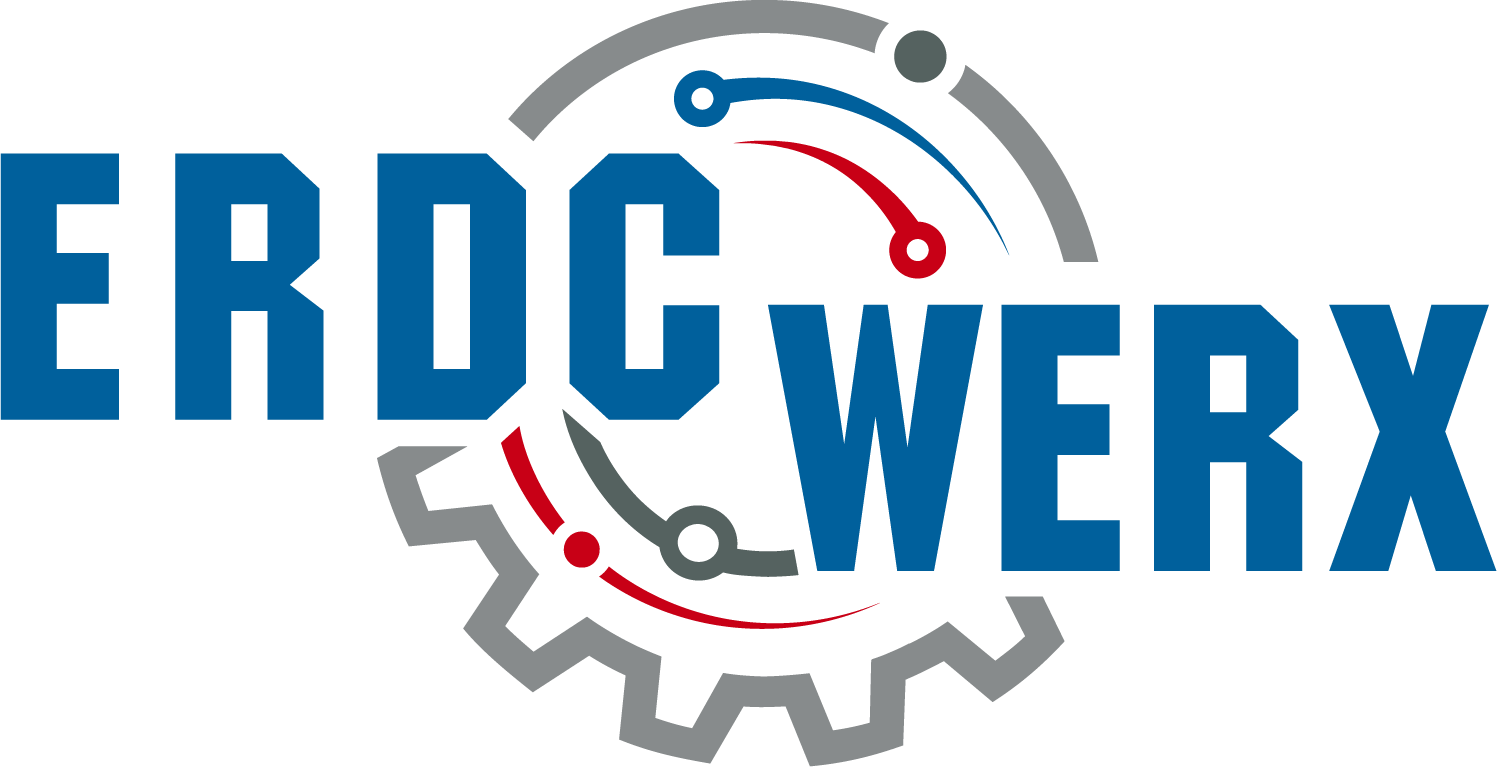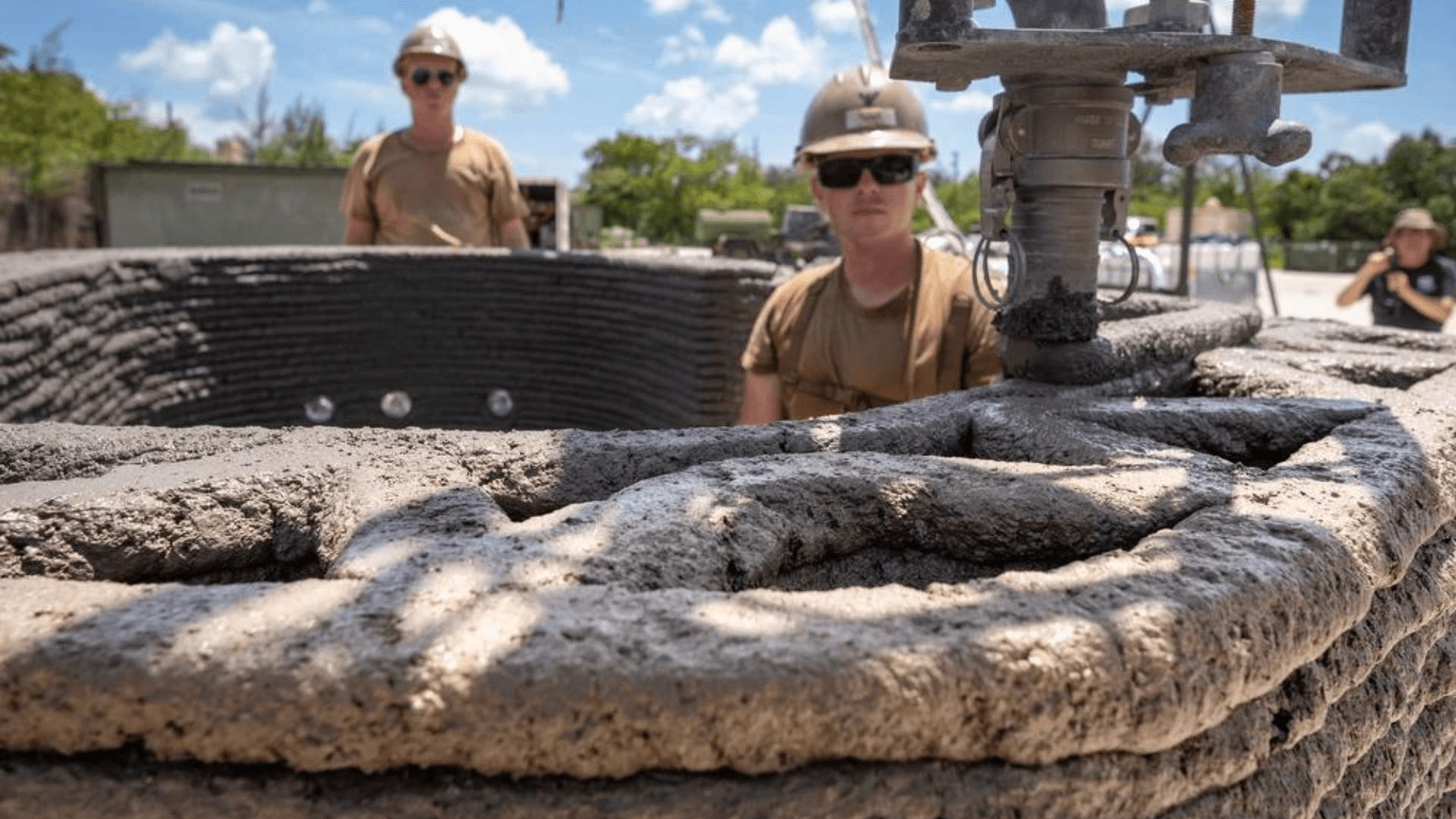Overview
The U.S. Army Engineer Research and Development Center (ERDC)’s Construction Engineering Research Laboratory (CERL) seeks knowledge and expertise of leading industry representatives in Additively Constructed Concrete (ACC) that have design/build experience and success in printing full-scale, occupiable structures.
Project Objective
The objective of this tech challenge is to identify leading industry representatives in Additively Constructed Concrete (ACC) that have successfully printed full-scale, occupiable structures. Downselected parties will have an opportunity to provide a 10-20 minute brief (virtual or in-person) to government stakeholders at a government-only engagement on November 29, 2023 at Fort Bliss in El Paso, TX. The purpose of the event is to convene MILCON and DOD construction stakeholders to create a roadmap for integration of additive construction into the MILCON and DOD construction process.
White papers should address the specific experiences and knowledge of the submitting party. Content should explain the effectiveness of design and build processes that have been utilized. All white paper submissions should utilize and/or follow the format of the template in the “How to Participate” section below.
Background
As a result of rapid technology development with the field of additive construction (AC), full scale building projects have outpaced the development of codes and standards. Currently, there is a desire by industry to use existing building codes and standards for AC to reduce the time before implementation. However, this is problematic as research to date has shown that there is a clear distinction between the material and structural performance of additively constructed and conventionally constructed structures.
The current path for acceptance, as stated in UFC 3-301-01 2-2.7 Section 1903.5 Additively Constructed Concrete (3D printed concrete), requires an investment in testing and validation for each structure. Evaluation procedures outside of UFC 3-301-01 2-2.7 Section 1903.5, aligned with UFC 1-200-01, section 104.11 Alternative Materials, Design and Methods of Construction and Equipment, have not been well defined and enforced. As a result, the amount of testing required for acceptance is highly variable based on the familiarity with AC by the engineer of record reviewing the individual structures. This poses a huge risk to life safety and the government without adequate guidance defining necessary evaluation methods and design requirements for consideration of approval. A limited number of vendors have documented full-scale structural testing and this effort is to assess readiness of the industry to provide occupiable structures.
Estimated Period of Performance
From point of selection to presentation at workshop
Project Manager
Construction Engineering Research Laboratory (CERL), U.S. Army Engineer Research and Development Center (ERDC)
Expected Result
The integration of additive construction into DOD strategic plans is an ongoing effort of the Additive Construction team at ERDC. If selected, submitting parties will be invited to provide a briefing to government stakeholders at an ERDC-hosted workshop to be held in late November 2023 at Fort Bliss, El Paso, TX. This government-only engagement will focus on the development of a strategic direction across DOD to develop a roadmap for additive construction incorporation into future DOD projects (e.g. MILCON). Current technology, acquisition strategies, partnerships, and the future of ACC in DOD facility acquisition will be discussed. Results of the engagement will provide a roadmap for adoption of codes, standards, and recommendations within the DOD.
Downselected parties will be invited to present briefs that address vision, accomplishments, opportunities, and lessons learned. Presentations by the downselected parties will be limited to 10-20 minutes. Data driven information, such as built performance data and testing results is requested, rather than entirely conceptual imagery and visuals of the printing process. The completed presentation slide decks must be supplied to ERDC no later than November 21, 2023. All presenters must be U.S. citizens and will be required to show proof of U.S. citizenship.
Evaluation Criteria
Submissions will be evaluated based on the following criteria:
- Technical Merit – Feasibility and applicability of your capability and experience
- Cost/Schedule – Preparedness and appropriateness of processes and approaches utilized
- Business Viability – Organizational capacity, years in operation, relevant specialties, and capabilities
- Prototype/Demo – Technology Readiness Level (TRL) and/or maturity of design/build applications
Submissions must follow the format and order of the white paper template below in the “How to Participate” section.
Note: Submissions should NOT include confidential or proprietary details. The Government reserves the right to share submissions for this project with other ERDC teams when there appears to be a fit with other projects being undertaken or planned by ERDC researchers.
Notional Project Schedule
Proposed project milestones include:
| October 6, 2023 | Project Announced, Submissions Open |
| October 16, 2023 | Q&A Period Closes |
| October 23, 2023 | Submissions Close |
| October 26, 2023 | ERDC completes review of submissions |
| October 31, 2023 | ERDCWERX hosts virtual pitch if requested by ERDC (optional) |
| November 6, 2023 | ERDC completes downselect process and notifies selected parties |
| November 29, 2023 | Selected parties make presentations at government-only workshop |
*If needed; dates may vary to accommodate project team and participant availability.
How to Participate
- Submit specific details by providing a white paper (download template).
- Review FAQs
- Once white paper is ready to submit, complete the submission form.
Questions: Please send all technical and administrative questions using this form. Q&A will be updated periodically. It is the responsibility of the offeror to review Q&A prior to submitting.


